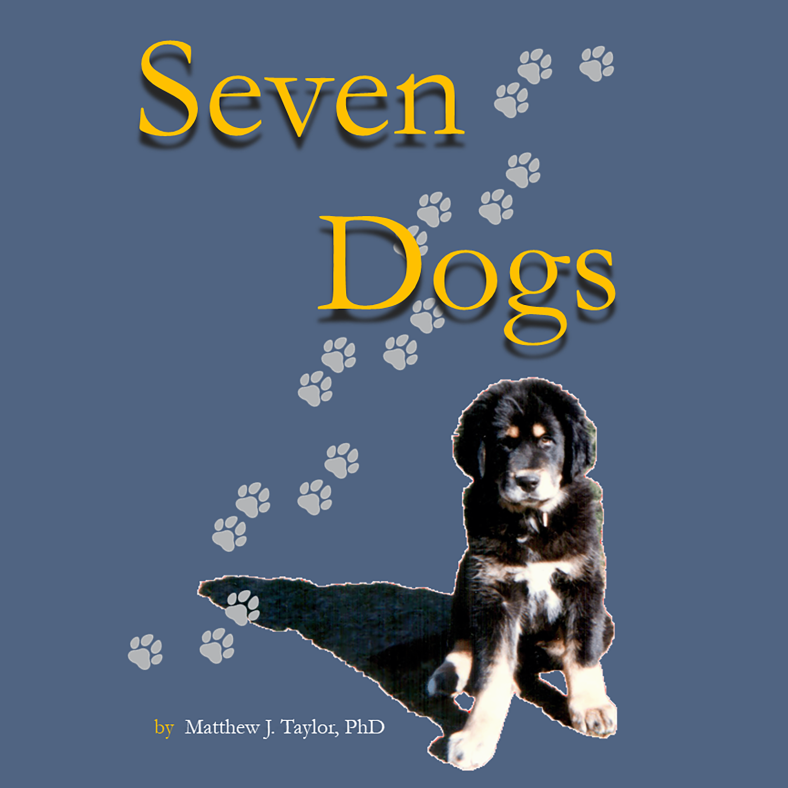When I started my doctoral program, I was told by my major professor that I didn’t write very well. I was stunned – and hurt. I had finished all of my coursework for my master’s degree in history (I was still working on the thesis), and I always did well on written assignments from the time I was in high school. I had written quite a lot of stuff over that time. What I came to learn, however, was that I did not write like an academic, and that is how he judged writing.
Over the course of a long university research career, I learned how to imitate an academic. That’s how it felt. I wanted to start sentences with the word “and,” and no one would let me. Instead, I wrote introductions to papers, reports, and proposals fully grounded in Aristotelian logic, and I presented data using the longest sentences I could stomach. I also trained graduate students to do the same. It wasn’t until I left the university that I realized I could write anything I wanted – in any style I wanted. So, I did.
It started with a blog for my consulting business. I was still writing for educators, but I could tell stories and present data using colorful displays. The Internet allows for a great deal of creativity. That business came to an end, but the blogs I wrote at that time are now turning into published articles. Three are coming out in the next few months. Turns out, some academics like a good story.
I continued to write a blog every week on my music site (www.MJTaylorMusic.com). Those entries were not very polished, but the practice helped when I decided to write this book. When I finished the last chapter of Seven Dogs, I couldn’t wait to have an editor empty a red pen or two over its pages. Since I couldn’t find an agent, and consequently a publisher, I didn’t have access to a professional editor. So, I hired a graduate student from my university’s literature department to serve that role. He turned out to be very helpful – and professional.
Of course, I expected him to tell me how perfect the first draft was and that I could publish the book right away. But that’s not what happened. We disagreed on a few things, but I paid attention to a number of stylistic changes that made sense. And as a result, I had to rewrite nearly every sentence. Twice. It was a lot of work, but I am proud of the final draft. In the end I think the book still reflects my original style while achieving the professionalism he demanded from me. Editors are damn useful even after you have written professionally for more than 40 years.

Leave a Reply